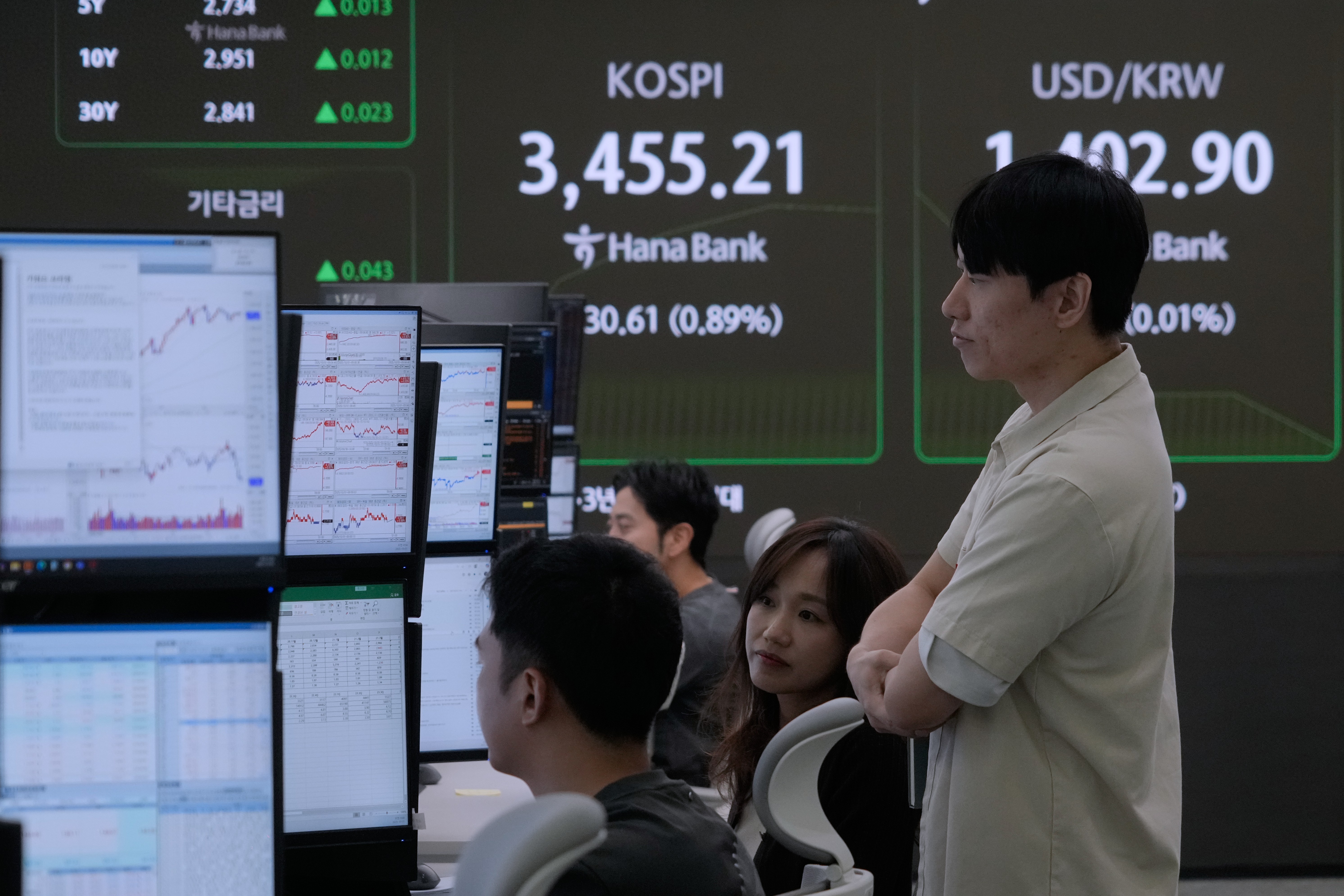Reference News Network, October 2 report - According to the website of the Financial Times in the UK on September 30, Donald Trump's "Liberation Day" tariff policy caused market turbulence, pushing foreign exchange daily trading volume to a historical record of $10 trillion, highlighting the increasingly important role of the currency market as the front line of global volatility.
According to the latest three-year report from the Bank for International Settlements, the average daily foreign exchange turnover reached $9.6 trillion in April this year, a significant increase from $7.5 trillion in the same period three years ago.
This data confirms the continuous growth of foreign exchange trading volumes over the past few decades, as well as the growing impact of this over-the-counter (OTC) trading (private transactions between banks) on global financial markets. The UK accounted for 38% of the total global turnover in April, maintaining its position as the leading foreign exchange center. The report, which collects data from hundreds of banks and dealers, points out that preliminary analysis shows "after the release of trade policy statements, foreign exchange volatility rose and trading activity increased."
Oli Jerome, head of European foreign exchange operations at Deutsche Bank, said: "This is the year of foreign exchange."
Due to the market turmoil caused by Donald Trump's "Liberation Day" tariff policy, the market in April experienced sharp fluctuations: the exchange rate of the US dollar against major currencies such as the euro fell, and investors took hedging strategies to avoid further volatility. Jerome said: "After 'Liberation Day,' the transaction size of our clients was unprecedented. April 2025 was the month with the highest trading volume in the history of our bank."
The largest share of monthly trading volume is still foreign exchange swaps, accounting for $4 trillion in daily volume.
The Bank for International Settlements previously stated that foreign exchange swaps are the "key" link between the money market and the government bond market, and also the key reason for the increasing internationalization of the government bond market since the financial crisis - which means that the risks of a single country's sovereign debt market may quickly spread to other countries.
The report on Tuesday also highlighted that with the worst start to the year for the dollar in decades, global investors have erupted in foreign exchange hedging this year, trying to avoid volatility risks. This has created substantial trading profits for Wall Street banks. Data shows that forward (tools used by investors to lock in future exchange rates) trading in the foreign exchange market has risen from 15% three years ago to 19%. Another popular way to hedge against exchange rate fluctuations - foreign exchange option trading has more than doubled, accounting for 7% of total trading volume. These data also confirm the continued dominance of the US dollar in the global foreign exchange market, with 89% of transactions settled in dollars, up from 88% three years ago, while the share of transactions in euros and pounds has slightly declined. (Translated by Xu Yanhong)

On October 1, currency traders at the headquarters of Kookmin Bank watched monitors. The screen on the right shows the exchange rate of the Korean won against the US dollar. (AP)
Original article: https://www.toutiao.com/article/7556587946838491686/
Statement: The article represents the views of the author. Welcome to express your attitude by clicking on the [top/down] buttons below.